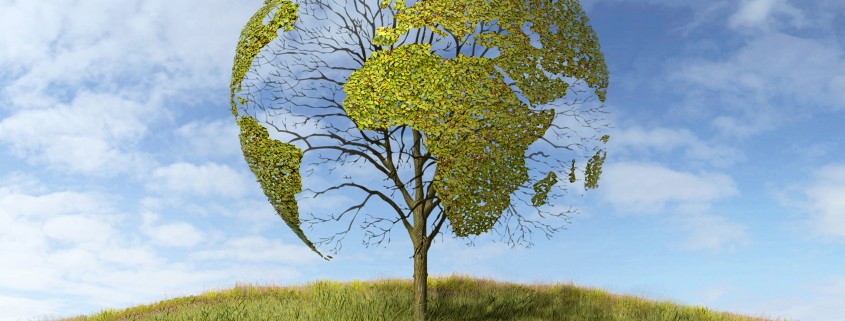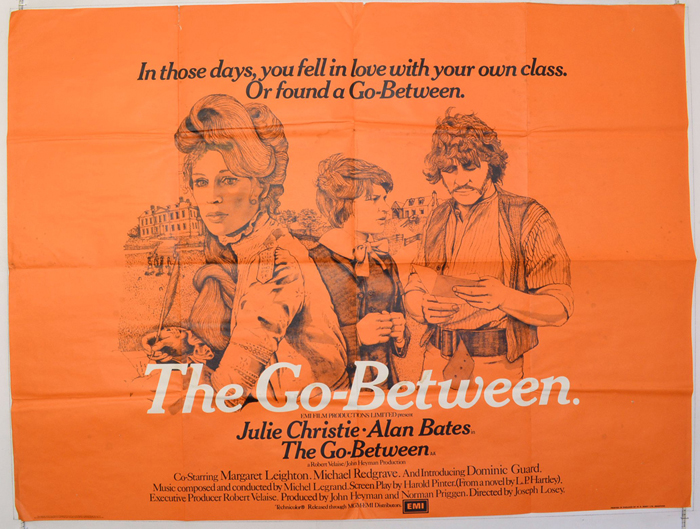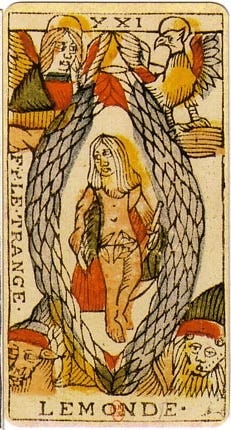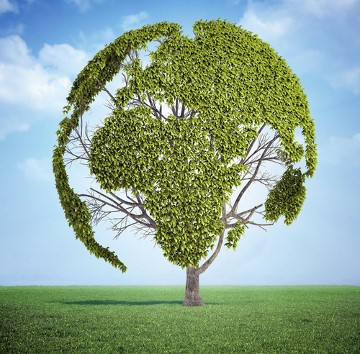
the world between: a poetic making us world our words
Original posted in May 2023 on substack.com.

Lexigraphically, in traditional English habit, when one worries about the meaning of words one takes a descriptive rather than prescriptive attitude, that one ought not should words.
Thus large and important English dictionaries hoard examples of the use of a word or term. It’s a point of pride for English speakers, much to the chagrin of native-born grammarians, our erstwhile traditionalists, and those of a definite bent.
Here etymologies, often as extensive genealogies of use, gain primacy as we track how people spoke their words into the worlds. And vice-versa.
Now a grammarian can gain some definition by focusing on the first recorded use, and use this to say what a word really means, but even this is frowned upon by others, even when the historical record, the corpus, that now scary word, is complete and well-structured.
I am not a grammarian so I use these lists of older usages for just how they portray and betray the world of those past speakers. (Edit in 2024: Iv'e just learned to my horror that Heidegger was fond of this exercise in past phenomenalogical reconstructions.)
As we know from L.P. Hartley’s The Go-between, we can do this in our own lives. The old man at the very beginning of the novel, thinks back on/of himself as a boy, the past is a foreign country, they do things differently there.

Of world we find it is of a Germanic combination of bits that are Indo-European. It’s literal meaning is Age of Man, at a time when this included all human beings, millennia before the usaage was reduced and sp confined man to the class of adult males, for example the Reform Act of 1832 made certain that women were excluded from the vote (damn those prescriptivist grammarian radicals who think they are being conservative).
The usage that created this sense of the world as Age of Man combined *wer and *ald.
Human + to age/aging
This was used to refer to the middle realm, those who live/age on the earth. And not those dead below or behind us, or skied above and gone ahead of us with the godlike sun and heroic stars.
Used here in the middling place, it is an extended sense of here and now roundabout us in the world.
I would make it thus: world pivots on hope and empathy, while holding in regard home and everything we are concerned about.
Which can be an expanding circle.
It’s poetic, a making, a survival practice, not a logic. Evolution does not care about logic, or reasons, or even emotional reasons. Not really. That’s what we do in the face of it.

So when I use this word world it is this sense of everything we worry about us, while making do.
It does include trees falling, not because we hear them fall but because we worry about that as possible event and its attendant epistemological enquiry. The world includes that which is excluded, as long as it is worried about. It may thus include unknown unknowns, at a stretch.
The world can do this, because the world is not really there, even if we consider it to be real. The world is more than its imaginging BTW (note for later).
Not that the world is unreal.
It is just that the usages of ‘real’ and the ‘world’ refer the the same thing, but in different realities or worlds.
Strangely though, the world, as I use it, includes the real, but the real may not include the world.
Possibly, what’s real about the world is that it is our extended phenotype, like a cocoon, like the earth is to an earthworm, it’s an socially spun umwelt as real to us as our self-consciousness. It’s the earth to our selves, and that’s why we can pathologically confuse the two, as narcissists do. As psychopaths want.
Yesterday is gone, but we remember it, tomorrow is not yet but we plan for it, in routine expectations and unsettling fears.
That is the world.
Like narcissists, empires seek to become the entire world, and a totalitarian regime always has the entire world consciously in its sights. Including the one in your head.
Religions, by this ‘definition’ attend to that aim, sometimes to get what religion wants, a city of god, sometimes as a mere functionaries or consultants of the empire. That’s why religions worry about belief/s, as a shibboleth of obedient indetities. Faith is a tribe as military grouping.
Where there are empires there are religions. Where there is politics there are groupings. Thus confusion arises among us in our pride, that the tower of Babel gets all the hubris piled on and blamed for.
But we can always imagine life beyond the empire. Even as empires and the poor are always with us, the world is ever escaping an empire or two. The empires come and go, while the world is always more than this.
The world is a poetic making. (I’d say poetry but that would be currently annoying, thus the redundancy.)
Philosophy cannot help us any more than religion can. Where philosophy argues in analysis of the real, it does so on a Homeric battlefield where the excellent warriors vindicate truth from the clutches of the lie. Logos as a Zoroastrian conflict where the clear-headed decapitate the fallen. This is not good worlding.
Making peace a form of war is what empires do.
An eternal Valhalla of the dialectic is no way to build the world from-/-within reality, a Vahalla where every dawn arguments are raised from the dead to fight again about iron angels dancing on bronze pinheads. Like an argumentative LLM counting words within matrices all the way down into the past un-futured by the present.
For the world tomorrow is our last hope.
Who will think of the children?
May 2023 week’s reading:
Finished: Alasdair MacIntyre’s Whose Justice? Which Rationality? (Notre Dame, Indiana. University of Notre Dame Press, 1988) ISBN 9780244509934 (Good book but overtstates the case that language/worlds have untranslateable impasses.)
Started: Ian Broinowski, with cultural advisor Jim Everett-puralia meenamatta, The Pakana Voice: Tales of a War Correspondent from Lutruwita (Tasmania) 1814-1856 (Battery Point, Hobart: Ian Broinowski, 2019) ISBN 9780244509934
